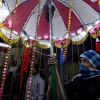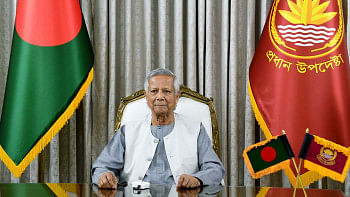Chapters on Mughals, Islamic empires removed from classes 11, 12 syllabi in India

India's Central Board of Secondary Education has removed chapters on the Non-Aligned Movement, the Cold War era, the rise of Islamic empires in Afro-Asian territories, chronicles of Mughal courts and the industrial revolution from the history and political science syllabi of classes 11 and 12.
For class 10, the topic "impact of globalization on agriculture" from a chapter on Food Security has been dropped from the syllabus shared with schools for the 2022-23 academic session, our New Delhi correspondent reports.
The Central Board of Secondary Education (CBSE) has also dropped from the course content chapters on "democracy and diversity".
Asked about the rationale behind the choice of topics or chapters being dropped, officials maintained that the changes are part of rationalization of syllabus and are in alignment with recommendations by the National Council of Educational Research and Training (NCERT).
The dropped chapter "Central Islamic Lands" in the class 11 history syllabus talks about the rise of Islamic empires in the Afro-Asian territories and its implications for economy and society, according to the description in last year's syllabus.
The chapter focused on arenas of Islam in reference to its emergence and empire building.
Similarly, in the class 12 history syllabus, the dropped chapter titled "The Mughal Court: Reconstructing Histories through Chronicles" examined the chronicles of Mughal courts to reconstruct the social, religious and cultural history of the era.
This is not the first time the CBSE has dropped from the syllabus certain chapters which have been part of the curriculum for decades.
In 2020, the CBSE had announced that chapters on federalism, citizenship, nationalism, and secularism in the class 11 political science textbook will not be considered while assessing students, triggering a major row.
The topics were restored in the 2021-22 academic session and remain a part of the curriculum.

 For all latest news, follow The Daily Star's Google News channel.
For all latest news, follow The Daily Star's Google News channel. 








Comments